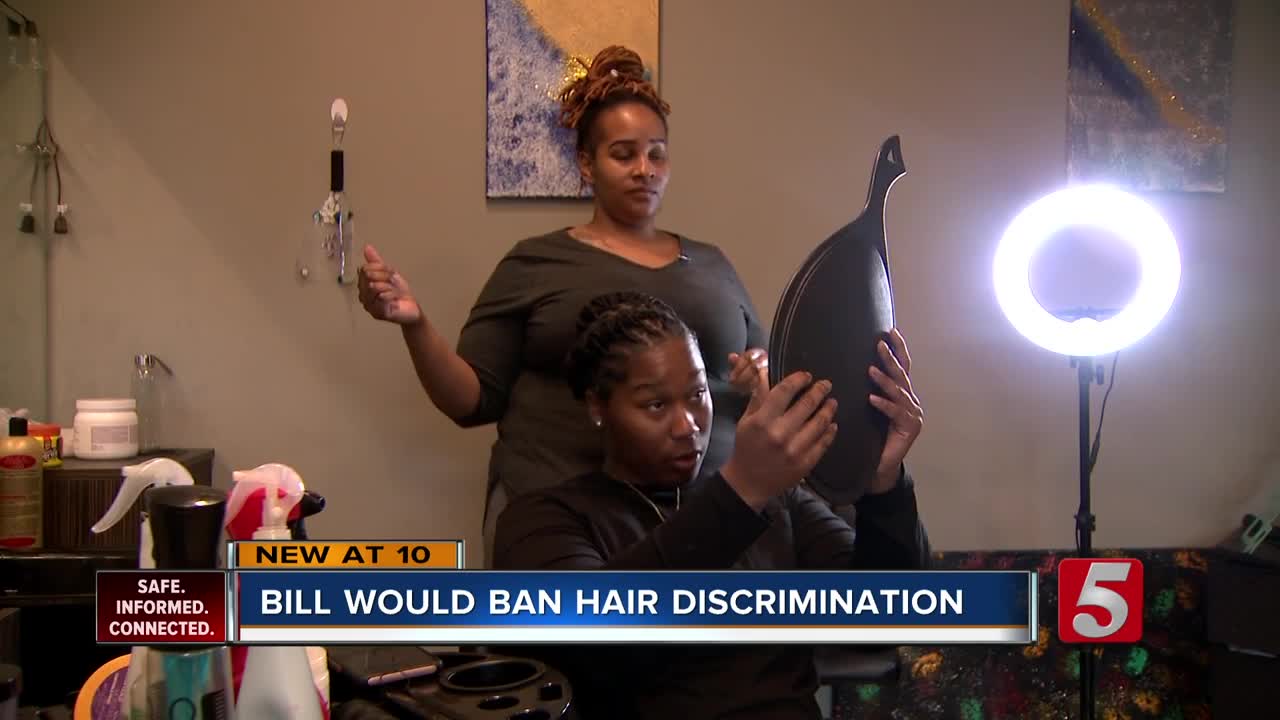NASHVILLE, Tenn (WTVF) — One Tennessee lawmaker has introduced a proposal banning discrimination based on hairstyles. State Representative Antonio Parkinson has filed house bill 1546.
The proposal is known as the “Create a Respectful and Open Workplace for Natural Hair (CROWN) Act of 2020.
In the bill, protective hairstyles includes styles like braids, locks and twist.
Parkinson says race is defined under the proposal including ancestry, ethnic group identification, ethnic background, and the physical or cultural characteristics associated with a certain race, including, but not limited to, hair texture or protective hairstyles. And he says a person shouldn’t be defined by how his or hair grows from their head.
Similar legislation has passed in states like California and New York. Parkinson says when he saw the bill move forward in California he wanted to try it here in Tennessee.
The lawmaker and veteran fire fighter says he faced hair discrimination while a fire fighter. Parkinson says he started to grow his hair out when he noticed there was no hair policy. He said a superior told him he needed to change his hair or face, putting his own job at risk.
"If I gone through this twice in a lifetime, I'm sure other people go through it and it's unfortunate because we can not help the texture of our hair and what grows out of our head. We can not help or change the color of our skin or who we were born as," said Parkinson.
Hairstylists who specialize in natural hairstyles say it's time for society to except different cultures and the styles they bring.
"It’s how our hair grows. Everybody’s hair texture is totally different. Everybody’s locks is totally different. No one’s locks is the same," said Shalonda Gaines with Duchess Salon Studio.
Gaines says more women of color are ditching European styles and focusing more on styles that protect their natural hair texture.
"We are not our hair; our hair does not define who we are," she said.
If passed, the bill would take effect July 1, 2020. Rep. Parkinson says he is growing his hair out to show his legislative colleagues that the hair doesn't make the person.




